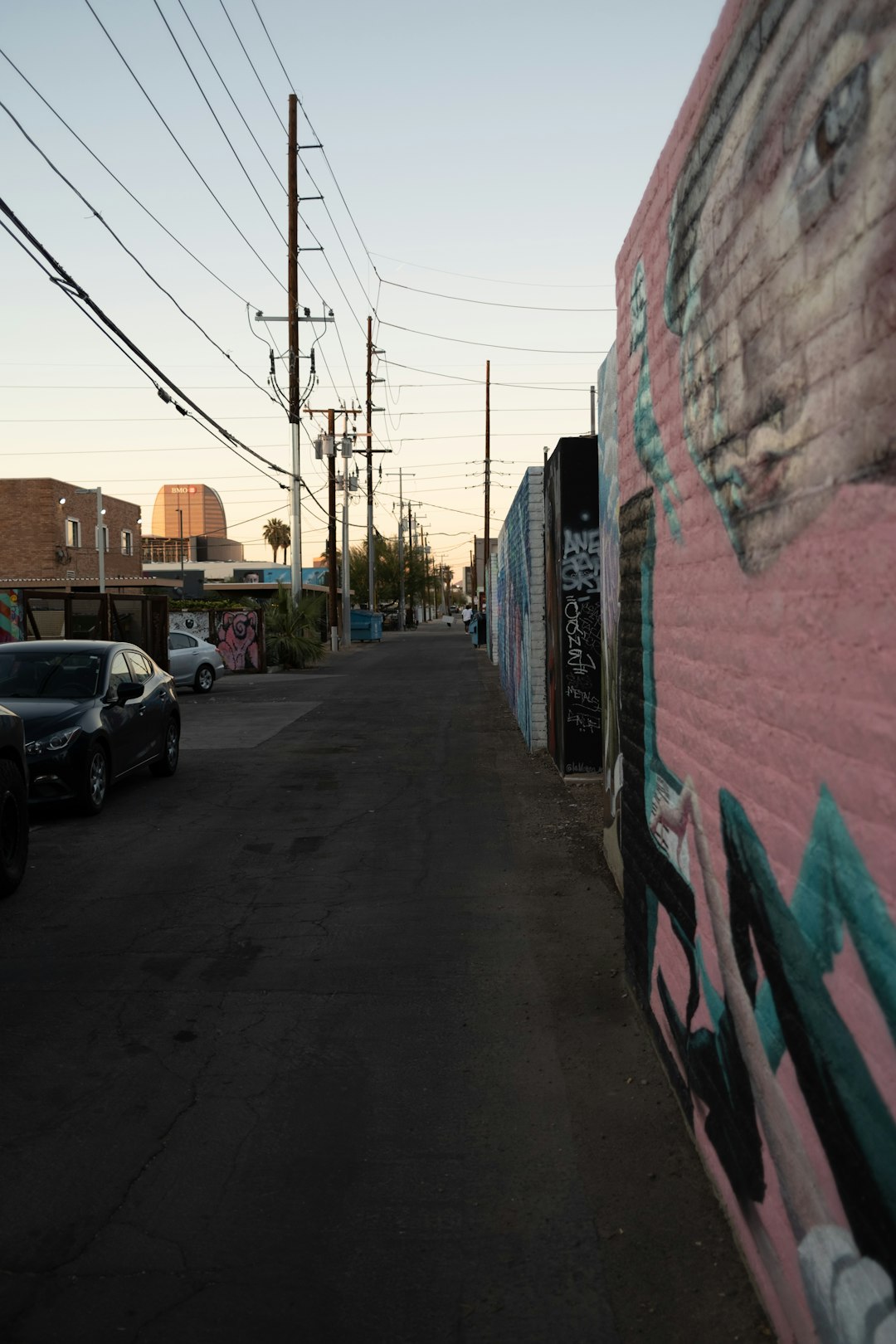In Arizona, strict laws against distracted driving, particularly using mobile devices while behind the wheel, have been implemented. If you've been charged with this in Phoenix, consulting a specialized "Do Not Text Attorney Phoenix" is recommended. These attorneys can offer tailored defenses and navigate legal complexities, ensuring you understand your rights. They leverage strategies like arguing lack of physical control, challenging evidence, disputing police reasonable suspicion, and demonstrating impulsive behavior rather than deliberate choice to reduce or dismiss charges. Hiring such an attorney is advisable due to their expertise in local laws, court procedures, and unique case circumstances, protecting your rights and tailoring robust defense strategies.
In Arizona, distracted driving is a serious offense with stringent penalties. Understanding the state’s laws and potential defenses is crucial for anyone facing charges. This article guides you through Arizona’s distracted driving regulations, explores common legal strategies to challenge these accusations, and highlights when to seek expert advice from a Do Not Text Attorney in Phoenix. Learn how to navigate this complex issue and protect your rights.
Understanding Arizona's Distracted Driving Laws

In Arizona, distracted driving is a serious offense that can result in severe penalties, including fines and potential license suspension. The state has implemented strict laws to combat this growing issue, especially with the increasing use of mobile devices while behind the wheel. One of the primary regulations prohibits drivers from sending or reading text messages while operating a vehicle, often referred to as “do not text” laws. These rules are designed to ensure that drivers maintain their full attention on the road, thereby reducing the risk of accidents caused by distractions.
If you’re facing charges related to distracted driving in Phoenix, consulting a Do Not Text Attorney is advisable. Legal experts specializing in this area can help navigate the complexities of Arizona’s laws and provide robust defenses tailored to your specific circumstances. Understanding your rights and options is crucial when aiming for the best possible outcome in such cases.
Common Legal Defenses Against Distracted Driving Charges in Phoenix

In Arizona, distracted driving charges can be serious and have significant consequences. However, there are several common legal defenses that a Do Not Text Attorney Phoenix can explore to help reduce or dismiss these charges. One popular defense is arguing that the driver was not in actual physical control of the vehicle at the time of the incident. This could include instances where a driver is caught texting while pulled over or temporarily stopped, as they are not actively operating the vehicle.
Another common strategy involves challenging the admissibility of evidence. This includes questioning the reliability of witness testimony or the accuracy of dashcam footage. Lawyers may also argue that the police lacked reasonable suspicion to stop the vehicle in the first place, which can lead to the dismissal of charges. Additionally, some cases may benefit from demonstrating that the driver’s actions were an impulse rather than a deliberate choice, thereby mitigating the level of culpability.
When to Hire a Do Not Text Attorney in Phoenix

If you’ve been charged with distracted driving in Phoenix, Arizona, hiring a skilled Do Not Text Attorney Phoenix could be one of the best decisions to make. These legal professionals specialize in defending clients against such charges, leveraging their expertise and knowledge of local laws and court procedures. They can help navigate the complex legal system, ensuring your rights are protected throughout the process.
A Do Not Text Attorney Phoenix is particularly valuable if you believe your case has unique circumstances or if you’re facing severe penalties. These attorneys can challenge evidence, question eyewitness accounts, and present compelling arguments to fight the charges. They’ll also stay updated on any changes in distracted driving laws, using that knowledge to build a robust defense strategy tailored to your situation.






